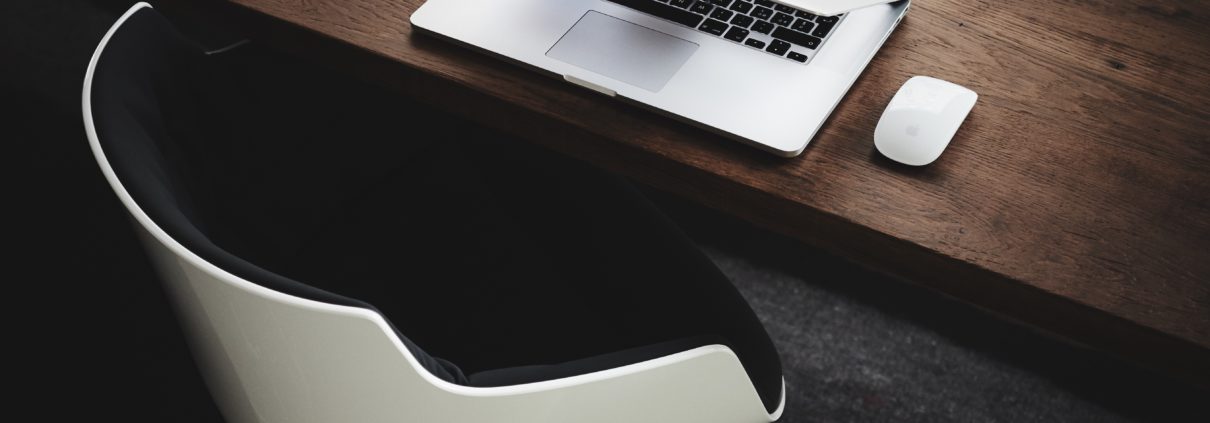A More Practical Vocabulary
Since we have more important work to do than to worry about terminology, we tend to keep our heads down (in our work) and keep our opinions to ourselves (unless we’re asked). So, we’d have been willing to let one particular term, resimercial, slide in deference to more constructive pursuits. But we happened to be reading interiors+sources one day and came across this: “‘Resimercial’: Why We Need a Better Term“. Ah, hah (we thought). We’re not alone.
For those not familiar with the term, the article defines it like this:
Resimercial … is the trend of residential aesthetics in the commercial marketplace … mashing two words together to coin a phrase [to] … explain the more laid-back aesthetic that is finding its way into the commercial market.
Fair enough. We might have been inclined to let it go at that, but the author of the article offers another term in place of resimercial. It’s this: ambidextrous design. With that, we had to enter the fray.
Where to Start?
First of all, the author explains ambidextrous design a bit confusingly:
The term highlights the ways in which design from all markets are overlapping. Healthcare is taking from hospitality, retail is taking from restaurant design, and commercial and residential are swapping design ideas left and right.
That’s confusing because ambidextrous” derives from the Latin ambi (meaning both) and dexter, meaning right or favorable. In literal terms, then, ambidextrous means both right or both favorable. The problem there is that both connotes two. But hospitality, retail, restaurant, commercial, residential denote five. If someone had five hands, pentidextrous might work. But ambidextrous? Not so much.
Secondly, laid-back aesthetic doesn’t quite do it, either. Aesthetic can refer to a theory or a set of principles about the idea of beauty. It can refer to an individual’s ideas about style and taste. Or it can refer to a set of principles or worldview. But because aesthetic is philosophical — ideas, theories, principles — as opposed to physical, it cannot refer to the material aspects of a space.
Let’s Try This
Since we like to impress people with our work, rather than our vocabulary, we think comfortable works quite nicely, thank you. It integrates residential comfort with commercially able, which is precisely what it should do.
We can’t help but wonder what else we might communicate, let alone accomplish, if we all adopted a more practical vocabulary.



Leave a Reply
Want to join the discussion?Feel free to contribute!